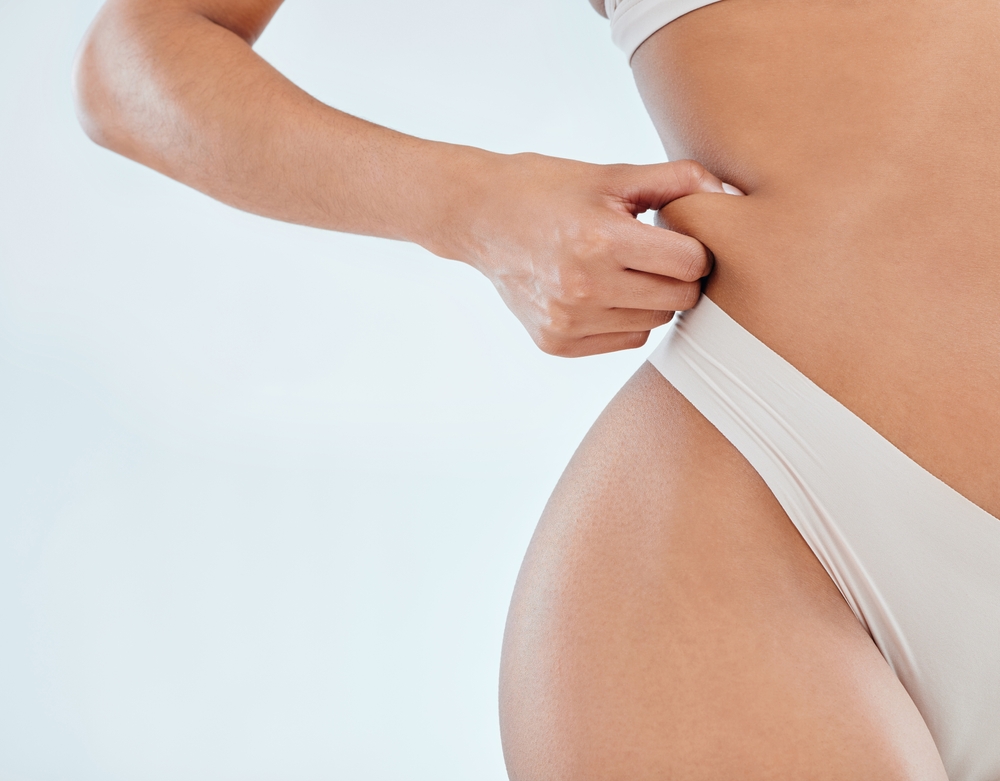
Liposuction is a surgical technique used to reshape body contours and reduce localized fat deposits. It is highly favored in medical aesthetics and dermatology for its ability to permanently remove stubborn fat, setting it apart from other methods. This procedure enhances aesthetic appearance by targeting areas such as the abdomen, hips, thighs, arms, back, and chin.
Liposuction involves the precise removal of excess fat tissue from specific areas using fine cannulas and a vacuum device. It is particularly beneficial for individuals who struggle to achieve desired results through natural methods, effectively targeting fat deposits resistant to diet and exercise, thereby improving body contours and fat distribution.
Liposuction can be performed using various techniques, with the optimal approach determined by an experienced specialist.
Liposuction is performed by a skilled plastic surgeon. The target area is carefully marked before the procedure. Depending on patient and physician decisions, local or general anesthesia is administered. Using fine cannulas and a vacuum device, fat tissue is meticulously removed. Procedure duration typically ranges from 1-3 hours, depending on the area and amount of fat.
Before surgery, patient health and medical history are assessed. Blood-thinning medications should be discontinued a week in advance, and alcohol consumption should be avoided, while adopting a healthy lifestyle.
Patients are usually discharged the same day, though longer stays may be necessary for additional procedures like Brazilian Butt Lifts (BBLs). Initial visible slimming and contouring occur rapidly, with minor swelling, bruising, and discomfort subsiding within weeks.
Results of liposuction are permanent due to the irreversible removal of fat cells. However, maintaining results requires a balanced diet and regular exercise to prevent new fat deposits.
Suitable candidates include individuals in good health seeking targeted fat reduction. Not suitable for treating morbid obesity, it's avoided by those with serious chronic illnesses, bleeding disorders, or immune system issues. Generally performed on adults aged 18 and older.
Critical post-operative care involves keeping the treated area clean and dry, wearing compression garments as advised, and abstaining from strenuous activities initially. Hydration, nutrition, and light exercise facilitate recovery, with any concerns requiring prompt medical attention.
Advantages of Liposuction:
While results are enduring, maintaining a healthy lifestyle is vital to prevent new fat accumulation. Regular exercise and balanced nutrition support long-term outcomes.
Liposuction is a safe and effective method in medical aesthetics and dermatology, delivering successful outcomes with experienced specialists. For more details on liposuction and maintaining body health, trust the expertise of EMPCLINICS.
Potential risks include infection, bleeding, anesthesia-related issues, uneven fat removal, numbness, and skin discoloration. Expert care in a sterile environment minimizes these risks, discussed thoroughly with your doctor.
Liposuction permanently removes fat cells, though weight gain can enlarge remaining cells. Sustaining results necessitates a healthy lifestyle.
Recovery duration varies, influenced by specific techniques used. Initial discomfort like pain, swelling, and bruising may persist for a few days, with full recovery and final results apparent within months.